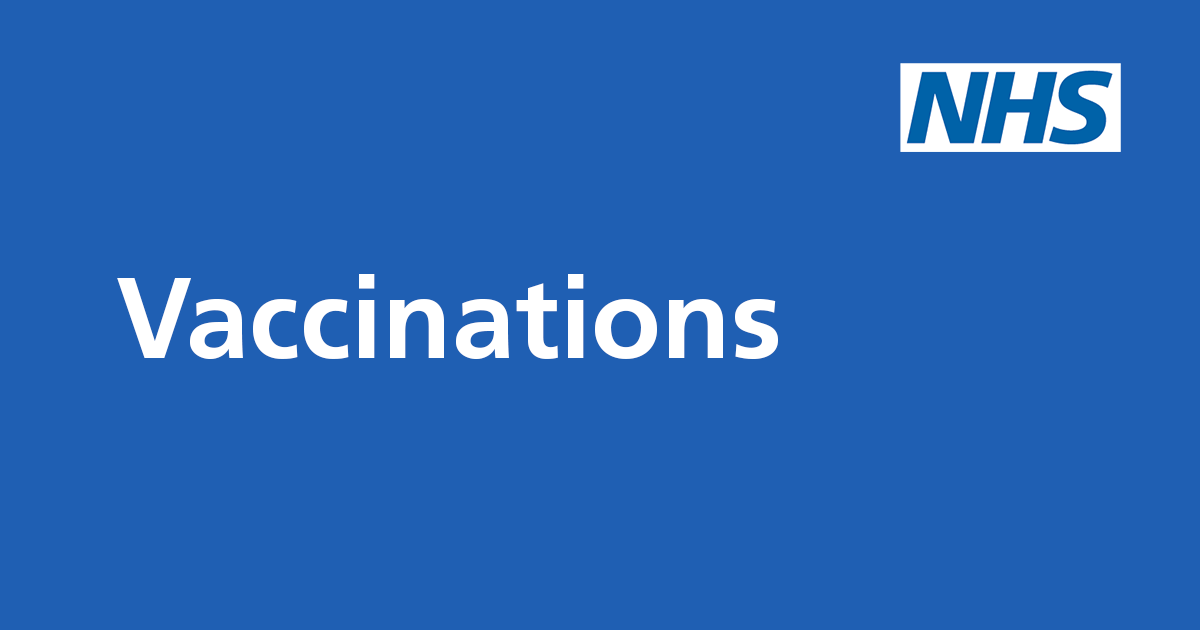Free routine NHS vaccines for University students

The UK Health Security Agency have completed some research on the effects of meningitis for students starting university and is urging all students to get their vaccinations.
Around 13% of students missed their free MenACWY vaccine in school and therefore remain unprotected. There are 4 types of these four strains of meningococcal bacteria nationally – which can cause long term disability, serious health complications and can even be fatal. This data shows that around 1 in 8 students are unprotected against this as a result of missing their vaccination. This is a particular problem in the West Midlands where even more students were identified as missing their vaccinations,
The UK Health Security Agency (UKHSA) and leading meningitis charities are urging students to ensure they have been vaccinated against meningitis and other diseases before the start of the academic year. Students are able urged to contact their GP to ensure that they are up to date with all free routine NHS vaccines and to know the signs and symptoms of meningitis and septicaemia as it could help save a life.
The three vaccines students should be up to date with before starting university include:
- MenACWY – protecting against 4 common strains causing meningitis and septicaemia
- MMR – protecting against measles, mumps, and rubella
- HPV – protecting against human papilloma virus (HPV) related cancers such as cervical cancer and other cancers of the head, neck and genital areas, and genital warts.
Emma Booth, UKHSA West Midlands Health Protection Consultant leading on vaccine preventable diseases, said: “Vaccines are our best line of defence against many unpleasant and often life-changing and life-threatening infections, including 4 strains of the meningococcal bacteria (A, C, W and Y) – which cause meningitis and blood poisoning (septicaemia), measles and human papilloma virus. Worryingly, many young people in the West Midlands are not up to date with their free NHS routine vaccinations, leaving them at risk of catching these infections. This is even more of a concern when young people are leaving school and going into higher education, work and travelling abroad – mixing with a much wider group of people, and people from around the world. We urge people to check their vaccine records and make sure they get up to date with these essential vaccines as soon as possible, and before going to college or university.”
MMR
Measles is a highly infectious viral illness that can also have serious consequences. It can be more severe in teenagers and young adults, often leading to hospitalisation. Measles starts with cold-like symptoms and sore red eyes, followed by a high temperature and a red-brown blotchy rash.
Two doses of the MMR vaccine are routinely offered to young children, but it’s never too late to get the jab if you’ve missed out. Check your red book or contact your GP surgery if unsure. Anyone can get the MMR vaccine from their GP at any age.
For more information please visit these websites;
NHS MMR https://www.nhs.uk/conditions/vaccinations/mmr-vaccine/
Website: www.gov.uk/ukhsa
For more information please contact the Corporate Communications Team.


/prod01/wlvacuk/media/departments/digital-content-and-communications/images-2024/Diane-Spencer-(Teaser-image).jpg)
/prod01/wlvacuk/media/departments/digital-content-and-communications/images-18-19/220325-Engineers_teach_thumbail.jpg)
/prod01/wlvacuk/media/departments/digital-content-and-communications/images-2024/241024-Dr-Christopher-Stone-Resized.jpg)
/prod01/wlvacuk/media/departments/digital-content-and-communications/images-2024/UoW-City-Campus-(Teaser-Image).jpg)
/prod01/wlvacuk/media/departments/digital-content-and-communications/images-2024/241014-Cyber4ME-Project-Resized.jpg)
/prod01/wlvacuk/media/departments/digital-content-and-communications/images-2024/240315-Research-Resized.jpg)
/prod01/wlvacuk/media/departments/digital-content-and-communications/images-2024/WMCA-event-(teaser).jpg)